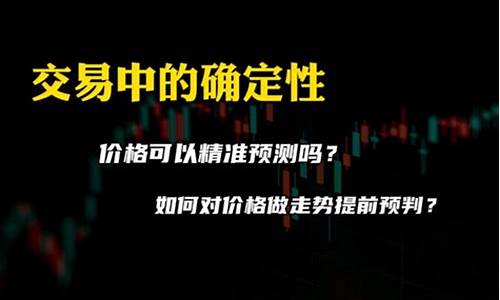期货交易真的存在吗吗英文
Is Futures Trading Real? An In-depth Exploration
In the realm of finance, futures trading is a topic that often stirs curiosity and skepticism. Some wonder if it's merely a speculative concept or a tangible market reality. Let's delve into the depths of futures trading to uncover the truth.
Understanding Futures Trading
Futures trading involves agreements to buy or sell assets at a predetermined price on a specified future date. These assets can range from commodities like oil and gold to financial instruments such as stocks and currencies. Investors participate in futures trading to hedge against price fluctuations or to speculate on future market movements.

The Mechanisms Behind Futures Trading
Futures trading operates within organized exchanges, providing standardized contracts with clear terms and conditions. These exchanges facilitate transparent price discovery and ensure liquidity, enabling traders to enter and exit positions with ease. Moreover, futures markets are regulated to maintain fairness and stability, reducing counterparty risks and fostering trust among participants.
Benefits and Risks of Futures Trading
Futures trading offers various advantages, including portfolio diversification, leverage, and the ability to profit in both rising and falling markets. However, it also carries inherent risks such as price volatility, margin calls, and the potential for substantial losses. Successful futures trading requires diligent research, disciplined risk management, and a deep understanding of market dynamics.
Conclusion
In conclusion, futures trading is indeed a real and integral component of the global financial landscape. It provides opportunities for investors to manage risk, speculate on price movements, and access diverse asset classes. While it offers potential rewards, it's crucial to approach futures trading with caution and prudence. By understanding its mechanisms and risks, investors can navigate this dynamic market with confidence and resilience.




